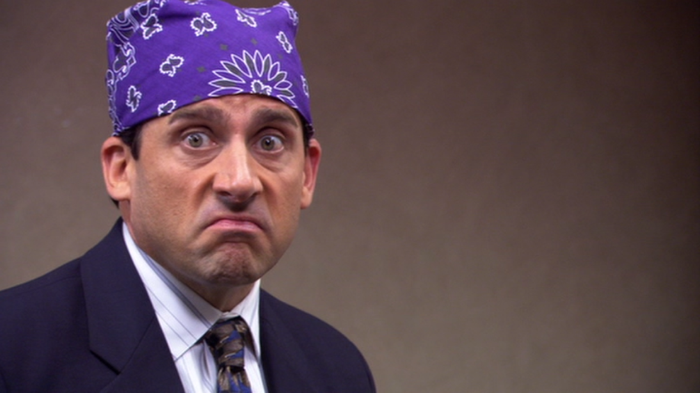
I don't know if I should admit this, but I was kind of surprised by how much I enjoyed Jules and Jim. By now, the love triangle plot is nothing new to me, but this film somehow still managed to come off as an original creation. Stylistically, it was different than anything I've ever seen before, and the story and characters were very compelling. Catherine especially brought the entire film together; like her or not, she made the movie.
The movie is called Jules and Jim, but I think we can all agree that the central character is Catherine. She is like the sun for both title characters; it is almost as if she is a celestial body with an insane gravitational pull that draws people into her orbit. Sometimes they are close and sometimes they are farther away, but Jules and Jim both always manage to revolve around Catherine. What quality does Catherine possess that makes her so appealing to men like Jules, Jim, and even Albert? Jules sort of explains things when he says to Jim of Catherine, "To be frank with you she's not especially beautiful, intelligent, nor sincere, but she's a real woman and she is the woman we love and all men desire..."

Jules' explanation is still rather vague, but I think that he's trying to say that Catherine has an inexplicable quality that draws people to her. Throughout the film there are scenes where Jules, Jim, and Catherine seem to be in perfect harmony and unity with one another. These moments are usually spontaneous, like when they are racing across the bridge and when they are wandering through the woods during their vacation to the sea. Is Catherine the secret ingredient to the best memories that Jules and Jim have? They both certainly seem to think so, and they quickly grow to rely on her for happiness as she relies on them for affirmation and attention.
In some ways Catherine is an archetypal Manic Pixie Dream Girl character, but in many ways she's pretty unique. Catherine traipses through life existing by her own bizarre moral code, living out whims that change with the wind. She does not exist within the bounds of reality but takes and leaves lovers and relationships based purely on feelings with very little logic, making her the most romantic character I've seen in a long time. Jim and Jules are both slightly more stable characters, but it is as if being around Catherine causes them to abandon logic and reason as well. One example of this type of behavior is Jim's longstanding relationship to a woman called Gilberte, who is the exact opposite of Catherine: stable, loyal, and a little dull. He loves Gilberte, but whenever Catherine gives him the slightest favor of her love, he abandons poor Gilberte to bask in Catherine's ethereal glow. In the end, this draw is fatal for Jim. Catherine drives both of them off of a bridge without any warning or second thought, apparently intent on doing things her way to the very end. Catherine may be one of the craziest women this side of the Seine, but the movie could not have been the same without the ending that she and Jim met.

I can definitely chalk Jules and Jim up as another major win for French cinema. Romantic, unique, and oddly optimistic, this movie is one of my new favorites that we've watched thus far.




